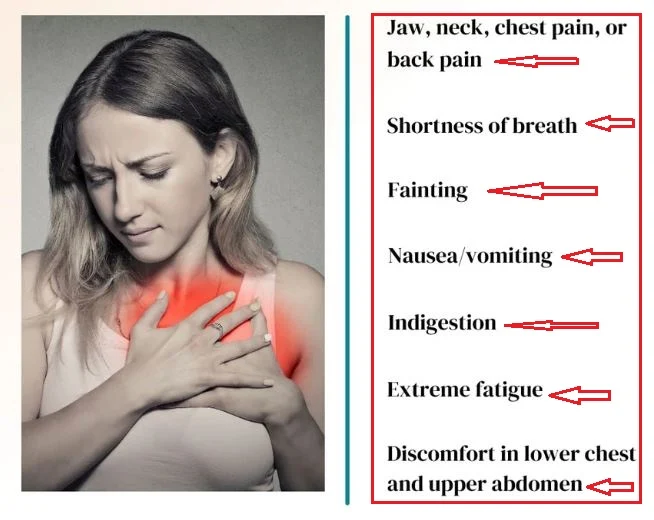Cardiovascular Disease: Types, Causes & Symptoms
Heart Disease: Symptoms, Risk Factors
Heart Disease: Types, Causes, and Symptoms
Heart disease is the leading cause
of death for both men and women in the United States. It is responsible for one
in four deaths each year. Heart disease is a condition that affects the heart
and blood vessels. It can cause a variety of problems, including heart attack,
stroke, and heart failure.
There are many risk factors for
heart disease, including:
- Age
- Family history
- High blood pressure
- High cholesterol
- Smoking
- Obesity
- Diabetes
- Physical inactivity
- Stress
How to reduce risk of heart disease?
Some of these risk factors, such as
age and family history, cannot be changed. However, there are many things that people
can do to reduce their risk of heart disease, such as:
- Eating a healthy diet
- Exercising regularly
- Not smoking
- Maintaining a healthy weight
- Controlling blood pressure
- Controlling cholesterol
- Managing stress
If you have any of the risk factors
for heart disease, it is important to talk to your doctor about ways to reduce
your risk. Early detection and treatment of heart disease can help to prevent
serious complications.
What are different types of heart disease?
Here is a more detailed look at the
different types of heart disease, the symptoms, and the risk factors:
Coronary artery disease (CAD)
Coronary artery disease is the most
common type of heart disease. It occurs when the arteries that supply blood to
the heart become narrowed or blocked. This can reduce the amount of blood that
flows to the heart, which can lead to a heart attack.
The symptoms of coronary artery disease
can vary from person to person. Some people may have no symptoms at all, while
others may experience chest pain, shortness of breath, or fatigue.
The risk factors for coronary artery
disease include:
- Age
- Family history
- High blood pressure
- High cholesterol
- Smoking
- Obesity
- Diabetes
- Physical inactivity
- Stress
Heart attack
A heart attack occurs when the blood
supply to a part of the heart is blocked. This can damage or destroy heart
muscle.
The symptoms of a heart attack can
vary from person to person. Some people may experience chest pain, while others
may experience shortness of breath, nausea, vomiting, or lightheadedness.
If you think you are having a heart attack, call your Doctor immediately.
Stroke
A stroke occurs when the blood
supply to part of the brain is blocked or interrupted. This can damage or
destroy brain cells.
The symptoms of a stroke can vary
from person to person. Some people may experience sudden weakness or numbness
on one side of the body, difficulty speaking, or vision problems.
If you think you are having a
stroke, call 911 immediately.
Heart failure
Heart failure occurs when the heart
is unable to pump blood effectively. This can lead to a build-up of fluid in
the body, shortness of breath, and fatigue.
The symptoms of heart failure can
vary from person to person. Some people may experience chest pain, while others
may experience shortness of breath, nausea, vomiting, or lightheadedness.
If you think you may have heart
failure, see your doctor right away.
What are the Factors to reduce risk of heart disease?
There are many things that people
can do to reduce their risk of heart disease. These include:
- Eating a healthy diet
- Exercising regularly
- Not smoking
- Maintaining a healthy weight
- Controlling blood pressure
- Controlling cholesterol
- Managing stress
If you have any of the risk factors
for heart disease, it is important to talk to your doctor about ways to reduce
your risk. Early detection and treatment of heart disease can help to prevent
serious complications.
Heart disease is a serious
condition, but it is one that can be prevented. By making healthy lifestyle
choices, you can reduce your risk of developing heart disease and live a long
and healthy life.
FAQ
What are the 4 types
of heart disease?
What are the top 5
heart diseases?
What are 5 symptoms of
heart disease?
What are 5 causes of
heart disease?
Tags:
10 Rare Heart Diseases, Early Signs of Heart Disease, Heart Disease Treatment, Heart Diseases List, Heart Conditions List A-Z, Heart Disease Symptoms, Heart Problem Symptoms in Females, Causes of Heart Disease, About Heart Disease in Around | Heart disease - Symptoms and causes










